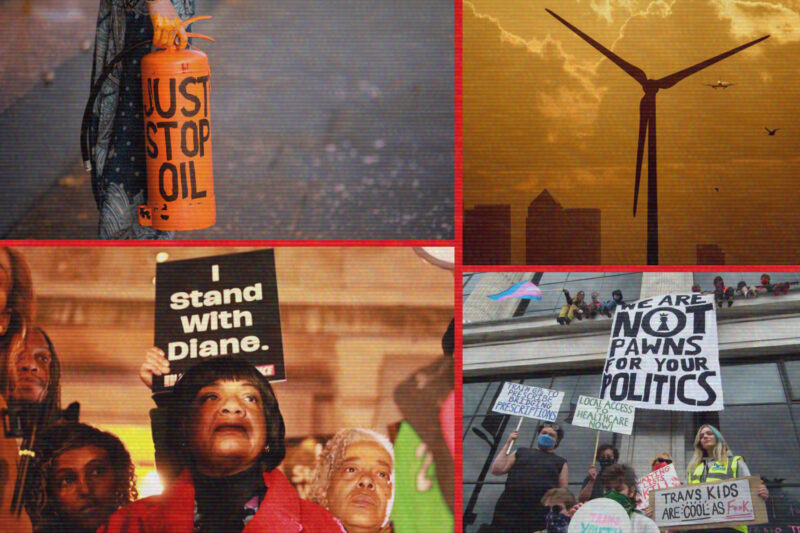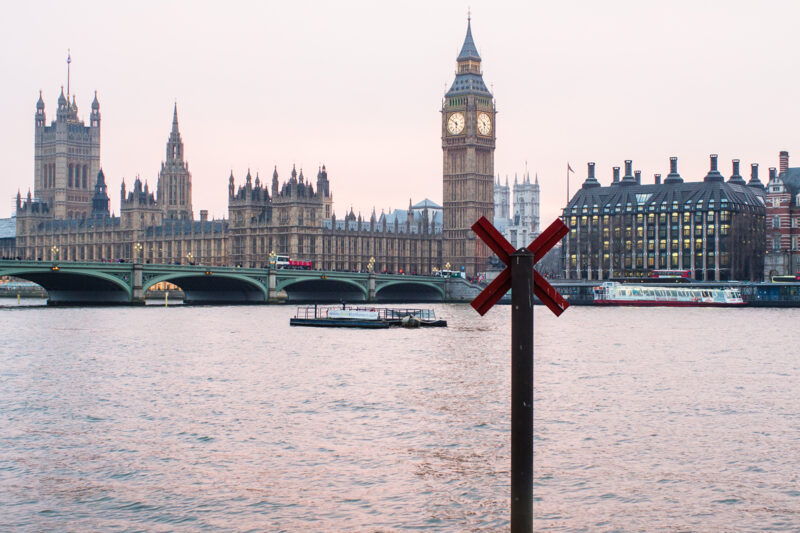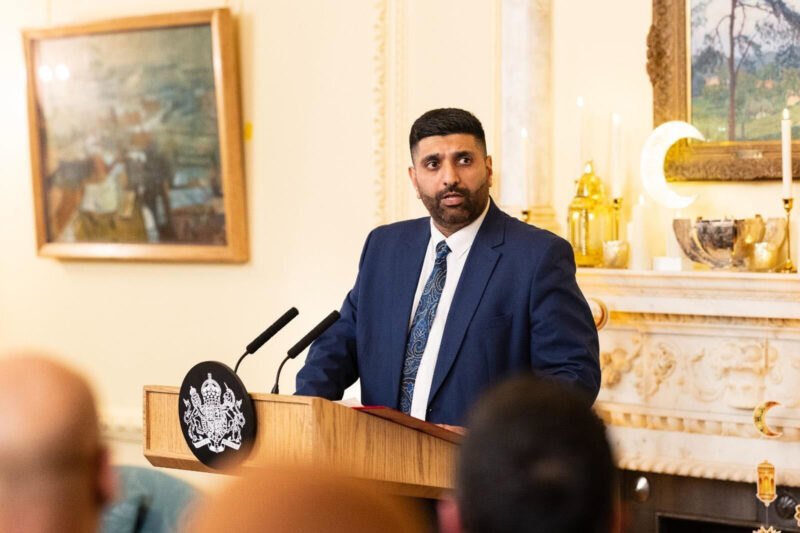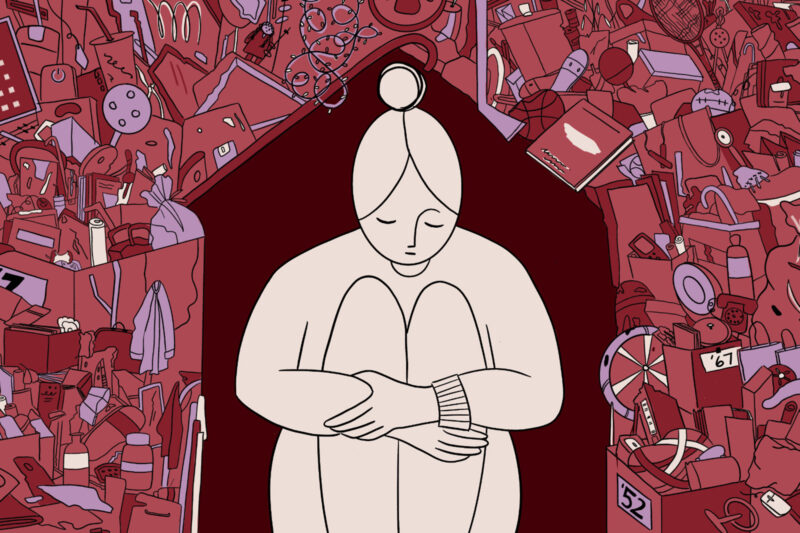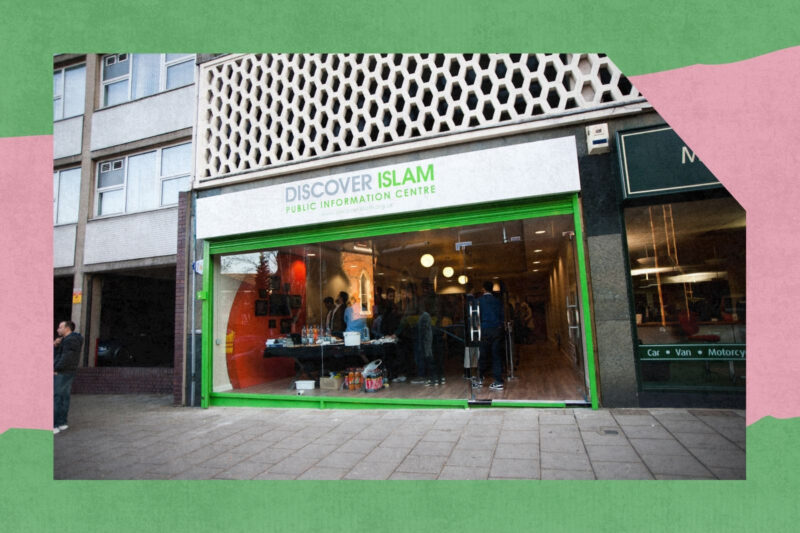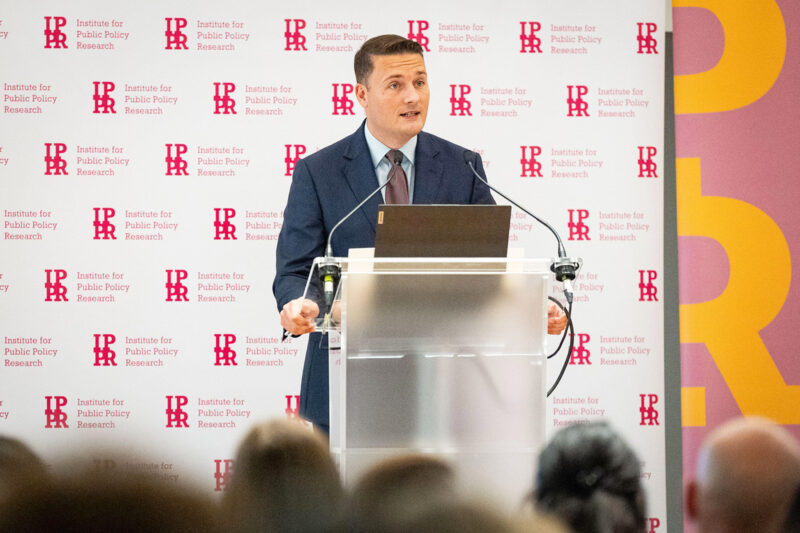We need to build an island of neighbours
Scapegoating immigrants won’t improve anyone’s life or create the affordable housing we desperately require
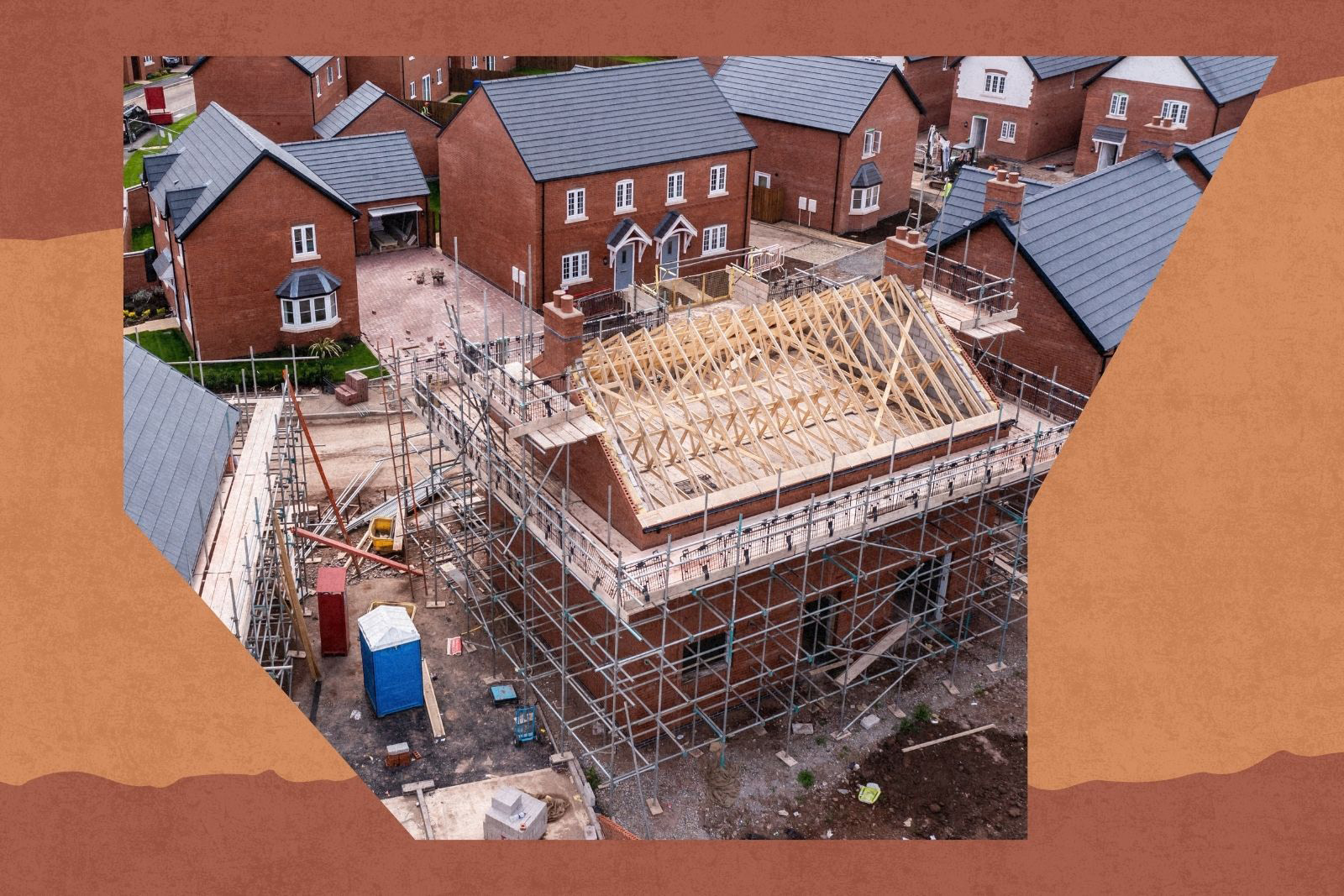
A few months ago, a woman broke down in tears in front of me at the Discover Islam centre in Luton. Every Friday, the organisation runs a curry kitchen, providing free meals to people in need. While waiting in line to collect her dinner, she showed me photographs of black mould spreading across the walls of her flat.
“How can a human live like this?” she asked.
Her story immediately brought to mind that of Awaab Ishak, the two-year-old boy from Rochdale who died in 2020 after prolonged exposure to mould in his home. In 2022, a coroner found that the respiratory condition that took his young life was entirely preventable. The woman in Luton was convinced that her mother, who died in September 2023, had suffered a similar fate and was distressed by the lack of action from the council.
“I’ve complained and complained but nothing has been done. I have NHS documents about the condition of my mum’s lungs due to the mould,” she said.
The neglect at the heart of her story echoes that which led to the most harrowing housing disaster in recent British history. In June 2017, fire ripped through Grenfell Tower in west London, claiming 72 lives, destroying 151 homes and leaving 201 families homeless. The blaze was sparked by an electrical fault in a fridge-freezer on the fourth floor and quickly spread up the flammable cladding fitted to the outside of the building. An inquiry concluded there had been “systematic dishonesty” on the part of both the manufacturers of the cladding.
As those horrific cases show, poor housing can kill. But it also humiliates and holds people back. A report released by Shelter in 2006 found that substandard housing conditions increase the risk of severe ill-health or disability during childhood and early adulthood by up to 25%, and that children living in such environments are more likely to have respiratory problems, be at risk of infections and have mental health problems. By increasing the likelihood of regularly missing school, those health problems have, in turn, a detrimental effect on education and future life outcomes.
When I think about the centrality of housing to our lives, I often end up remembering an old friend of mine whose family spent years bouncing around temporary accommodation, each place more precarious than the last. The lack of a stable home disrupted his schooling, his friendships, his sense of stability. Years later, he told me about being stranded in the town centre with his mum after yet another eviction, all his belongings in bin bags. He spoke of his shame and feelings of failure, even though it was clearly the system that had failed them.
Then there’s the repair worker from south London, who I met last month. He’s in his late 30s, works full time, pays a private landlord through the nose every month and cannot imagine buying his own home. His mum, priced out of the city she raised him in, has had to move to Manchester. “Now you’ve got Somalis in the council flats here,” he told me. “I’m not being funny, mate, but I’ve paid into the system my whole life.”
To him, those Somalis — and likely the Muslim woman in Luton and my friend — are outsiders, competing with him for scant resources. But, in reality, they are victims of the same crisis. The same shortage of properties. The same political choices that have gutted social housing, treated homes as financial instruments and allowed decades of neglect to turn into all but inevitable tragedies.
Last week, in what appeared to be an attempt to win over swing voters leaning towards Reform UK, Prime Minister Keir Starmer condemned “a squalid chapter” of high immigration under the previous Conservative government, spoke of the “incalculable damage” that has allegedly been done to British life and claimed that the UK risks becoming “an island of strangers”.
It’s convenient for politicians to blame immigrants instead of taking responsibility for the state of the nation, but their words are dangerous. In 2024, rioters attempted to burn down hotels housing refugees in Rotherham and Tamworth. That violence did not emerge from a vacuum. It was enabled by rhetoric that encourages us to see each other as an economic threat, instead of equal members of society with common desires for and rights to better, safer and more secure lives.
The truth is that since the 1960s successive UK governments have failed to build enough social housing and the right-to-buy scheme introduced under the Conservative government of Margaret Thatcher did a spectacular job of hollowing out the sector. Today, with 354,000 people in England homeless and nearly two-thirds of working private renters in England struggling to pay their housing costs, private developers are filling our towns and cities with luxury flats that no one on an average wage can afford.
Starmer was brought to power on a promise of change, including a pledge to build 1.5m new homes by 2029. However, more than half of England’s councils did not approve the building of a single home for social rent during Labour’s first six months in government, figures obtained by Hyphen suggest. Luton, where more than 11,000 households languish on the council’s housing waiting list, was one of them.
We’ve all heard the myths about migrants taking up taxpayer-funded social housing, but here’s the reality: most people who come to the UK on work or study visas have no recourse to public funds. That means they can’t claim benefits or get help with housing. Many councils have also introduced “local connection” rules, prioritising long-term residents over recent arrivals — including immigrants — when allocating housing.
Now comes the irony. In order to meet Starmer’s plan for 1.5m new homes, the construction industry says it needs a quarter of a million extra workers by 2028. The government recently trumpeted plans to train just 60,000 construction workers by 2029.
Take into account the UK’s ageing and declining workforce and it’s clear that much of the necessary skill and labour will have to come from overseas. So, let’s stop pretending that migrants are the problem. Let’s stop fuelling resentment between working-class people. Let’s stop calling our neighbours strangers. People need homes and scapegoating won’t lay a single brick.
 Newsletter
Newsletter


